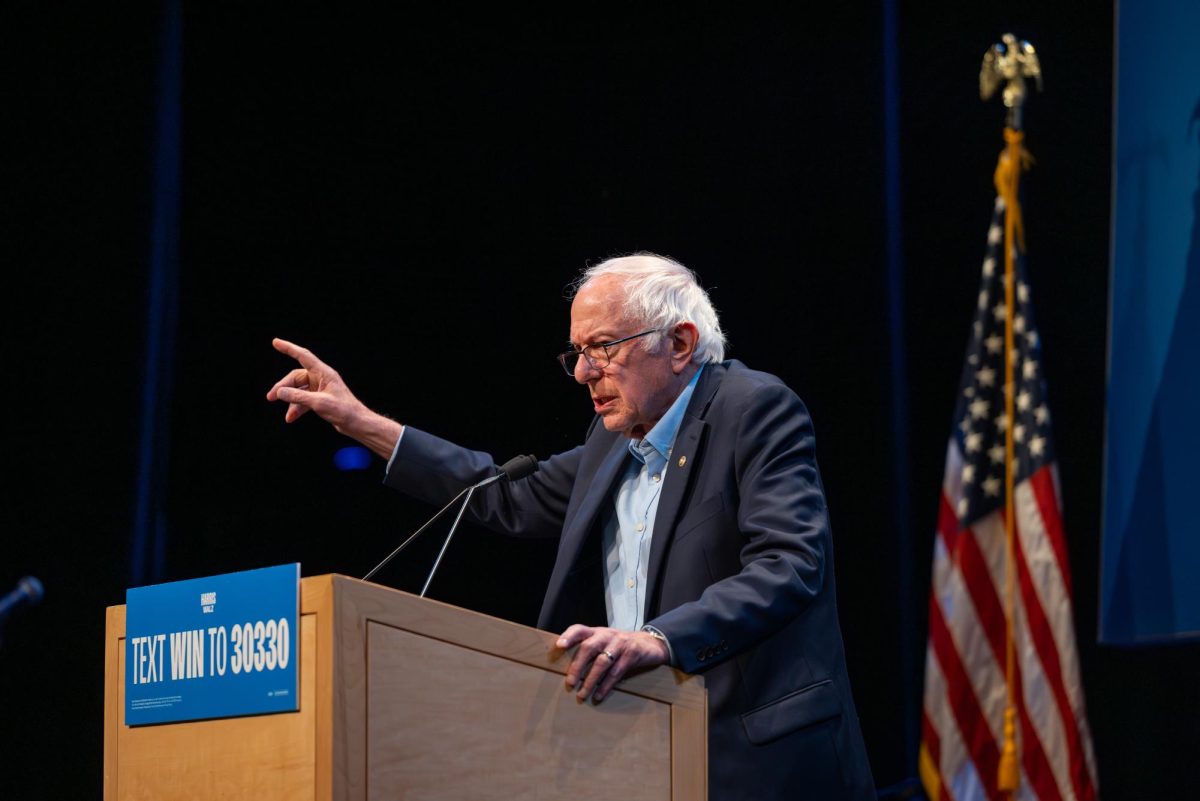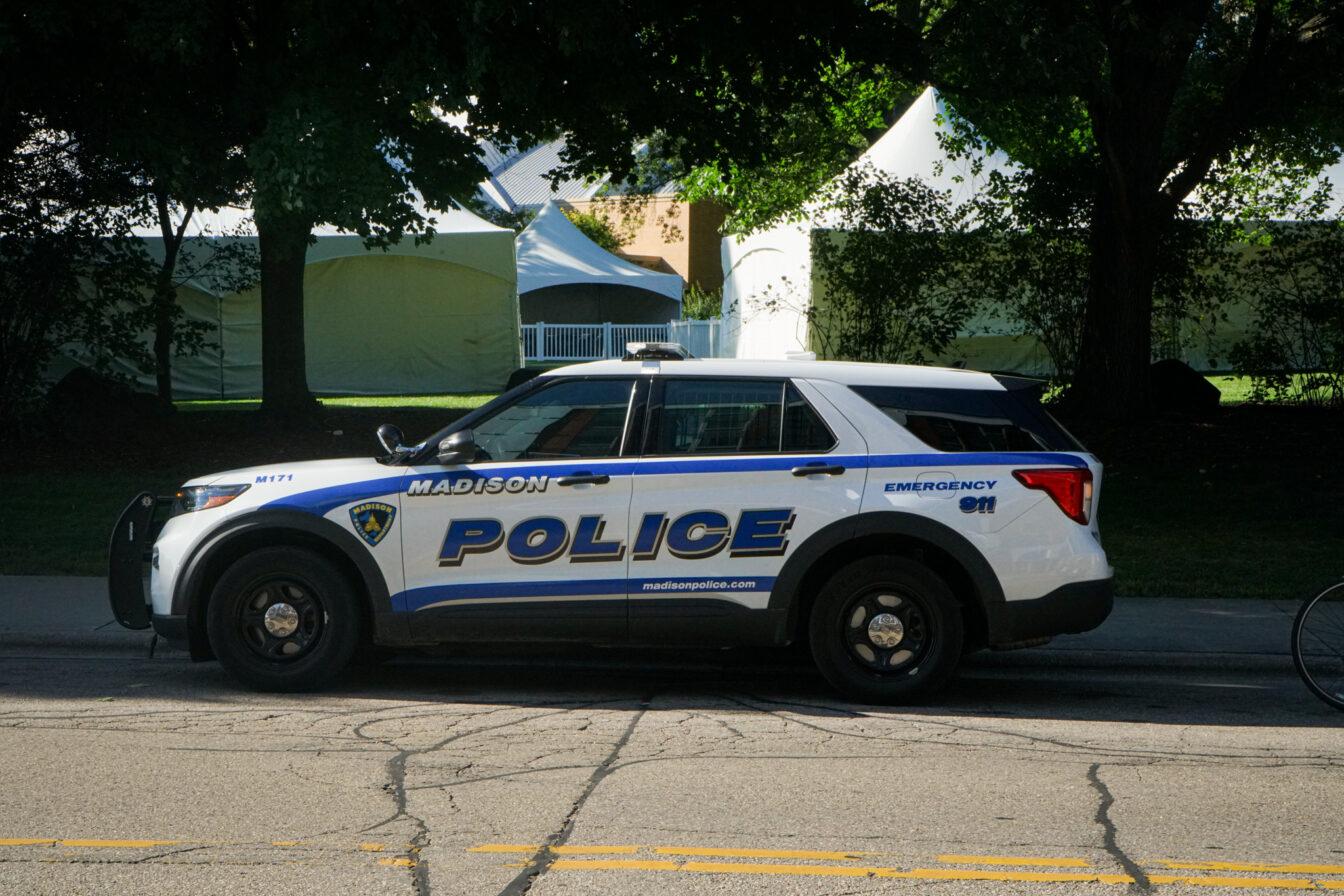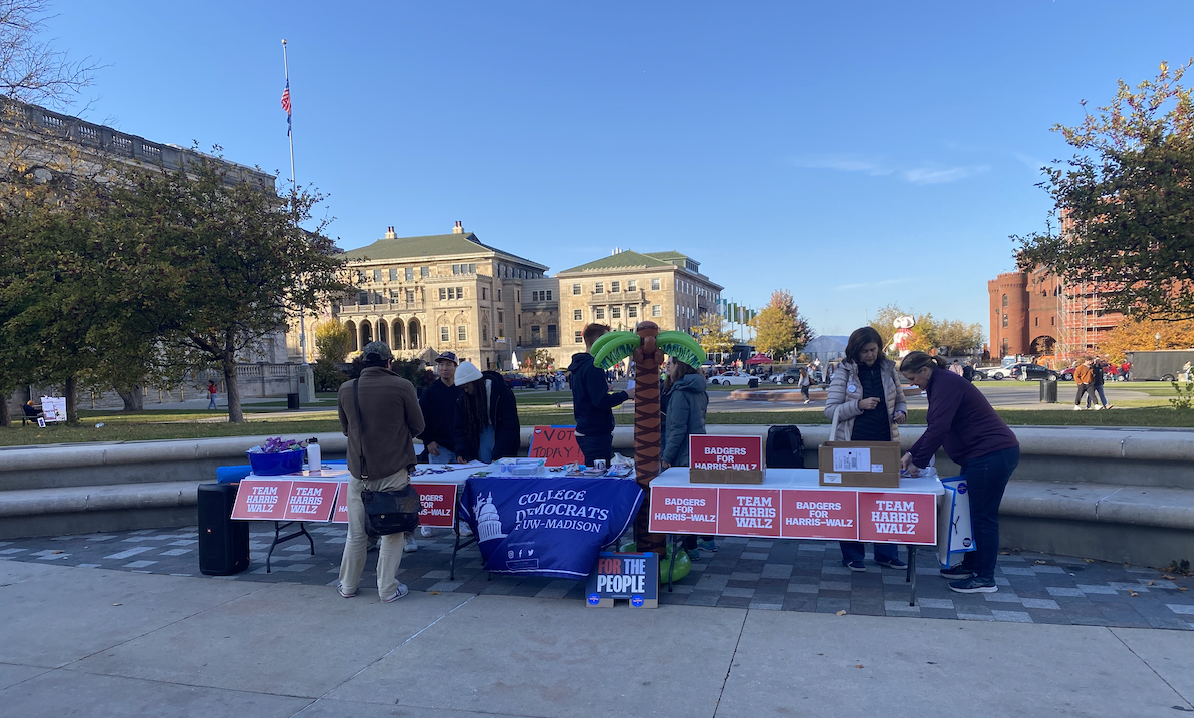WASHINGTON (REUTERS) — A bill to overhaul the U.S. election system in response to the disputed 2000 White House contest won final congressional approval Wednesday, clearing the way for President Bush to sign it into law.
Hailed as the first major civil-rights legislation of the 21st century, the $3.9 billion measure would help states replace antiquated voting machines, educate voters and train poll workers.
It would also require states to improve access to the voting booth for the disabled, define what constitutes a vote on various machines, adopt new anti-fraud provisions, create statewide computerized voter-registration systems and permit people to check ballots and correct errors before their votes are counted.
In addition, voters who are challenged at the polling place would be allowed to cast provisional ballots, which would be counted later if they were determined to be eligible.
Capping a nearly two-year-old reform drive on Capitol Hill, the Senate passed the bipartisan measure 92-2. It sailed through the House of Representatives last week 357-48.
Bush, in a brief statement issued by the White House, saluted Congress for passing the legislation and said, “I look forward to signing these important election reforms into law.”
“We are breaking new ground here,” said Sen. Christopher Dodd of Connecticut, the chief Democratic sponsor of the Help America Vote Act.
“This is the first time in more than 200 years that the federal government is going to take a very proactive involvement in the conduct of elections,” Dodd said, noting that up until now they have been basically handled alone by the states.
Sen. Kit Bond of Missouri, a lead Republican sponsor who insisted on anti-fraud provisions in the final compromise version of the measure, said, “This bill is going to make it easier to vote and tougher to cheat.”
The bill will be one of the final pieces of legislation passed by the soon-to-end 107th Congress.
While the new legislation will have no impact on next month’s congressional elections, it will put in place a number of reforms before the 2004 White House contest.
The two “no” votes were cast by Sens. Charles Schumer and Hillary Clinton, both New York Democrats. Schumer was a chief sponsor of the original bill, but some civil-rights groups voiced concerns after anti-fraud provisions were added that they said could raise new hurdles to voting.
These provisions would, among other things, require first-time voters who register by mail to provide proof of identity at time of registration, when they vote in person or when they vote by mail.
While the Congressional Hispanic Caucus opposed the bill, the National Association for the Advancement of Colored People, one of the nation’s largest and oldest civil-rights groups, backed it. So did the Congressional Black Caucus, saying on balance it would advance voting rights.
Former U.S. presidents Jimmy Carter and Gerald Ford, who last year co-chaired the National Commission on Federal Election Reform, also supported the measure. They said it could provide the most meaningful improvements in voting safeguards since the civil-rights laws of the 1960s.
Rep. John Conyers, a Michigan Democrat and a member of the Congressional Black Caucus, said Wednesday that backers managed to pass the bill despite “the lack of leadership on this issue from the White House.”
The reform drive was prompted by the chaotic 2000 presidential contest in Florida, which was marred by faulty voting machines, confusing ballots and inaccurate registration rolls.
An estimated 2 million to 2.5 million of the more than 100 million votes cast in the 2000 election nationwide were never counted. Many votes, particularly in Florida, were rejected because of so-called hanging chads, created when punch-card machines failed to cut all the way through a paper ballot.
A divided U.S. Supreme Court effectively decided the 2000 presidential election in favor of Bush when it refused a request by Democrat Al Gore for a recount of thousands of disputed Florida ballots, allowing Bush to take the pivotal state by 537 votes.







